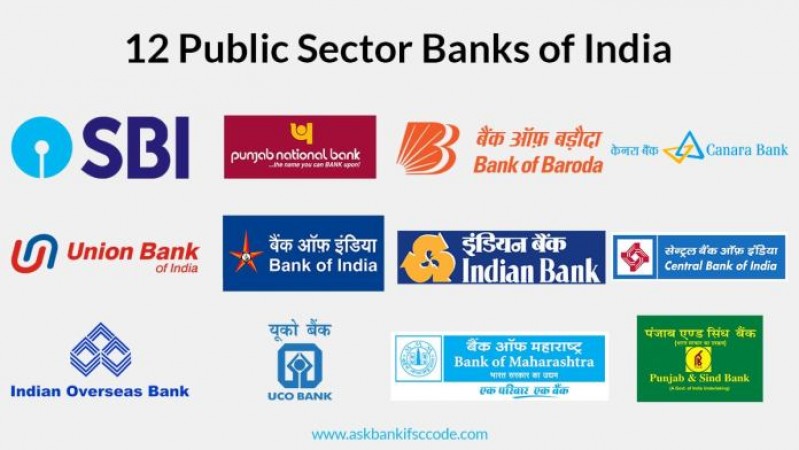
After the Mega-Merger of the six public sector banks the Reserve Bank of India has excluded those six public sector banks, Syndicate Bank, Oriental Bank of Commerce (OBC), United Bank of India, Andhra Bank, Corporation Bank and Allahabad Bank from the second schedule of the RBI Act. In a notification given on Wednesday RBI said, “We advise that syndicate Bank has been excluded from the Second Schedule to the RBI Act, 1934 with effect from April 01, 2020, since it has ceased to carry on banking business with effect from April 01, 2020, vide Notification of March 27 which is published in the Gazette of India.. Dated September 26 – October 02, 2020”. RBI has issued similar statements with reference to the other five state-owned banks.
When a bank is mentioned in the second schedule of the Reserve Bank of India Act it is called as ‘Scheduled Commercial Bank’. The above six mentioned banks were merged with other public sector banks (PSBs) with effect from April 1. OBC and United bank of India merged into Punjab National Bank; Syndicate bank with Canara Bank; Andhra Bank and Corporation bank into Union Bank of India and Allahabad bank into the Indian Bank. Now, there are seven large Public Sector Banks and five smaller banks.
In 2017, there were 27 public Sector Banks and the total number has come down to 12. Merging the banks will have advantages like banks becoming bigger and better serving large segments of customers, facilitating global presence, bringing down the operational cost significantly, the legal cost and other ancillary costs towards NPA/Bad loans will come down comparatively.
Cheating of Rs 166 crore with State Bank of India, CBI filed case
Big change to happen in Lakshmi Vilas Bank
RBI to take decision soonRBI issues new guideline for Debit and Credit card use